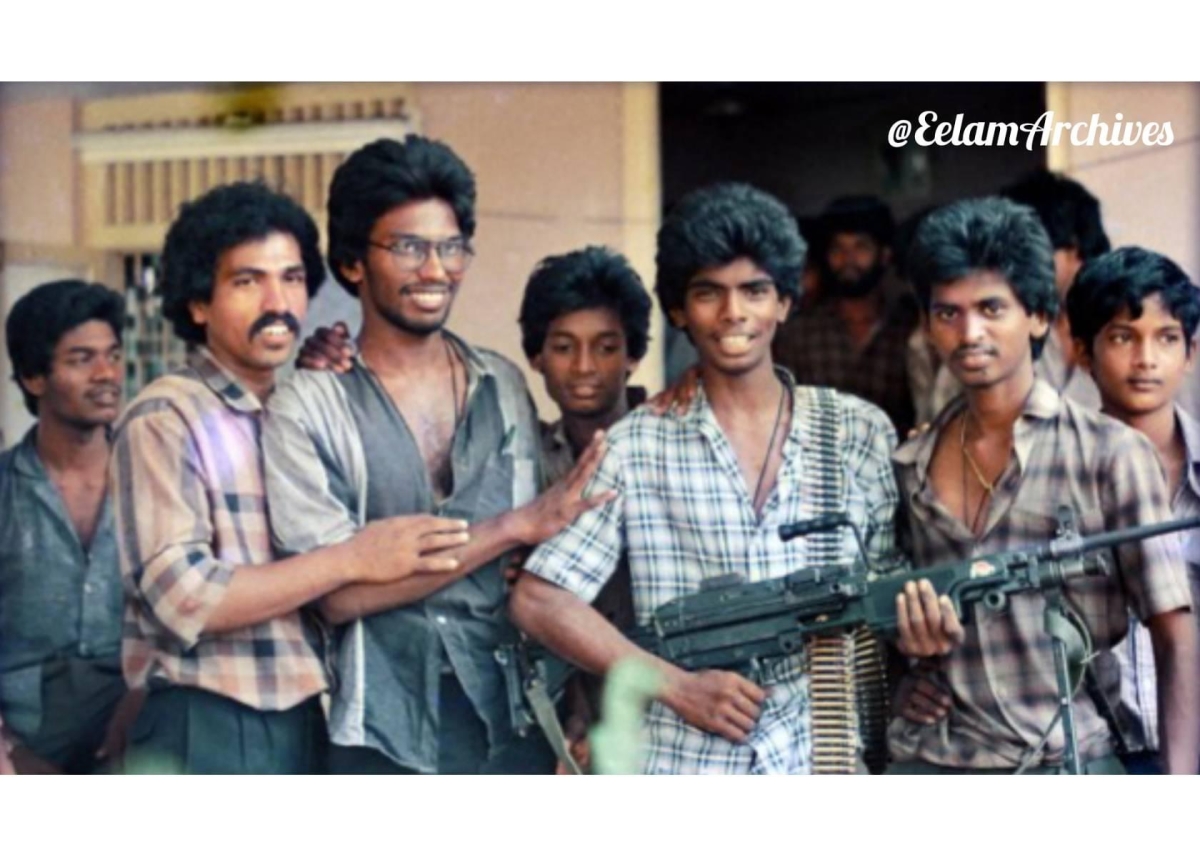The commemoration of Thyagi Thileepan, a former member of the Liberation Tigers of Tamil Eelam (LTTE), has stirred controversy in Colombo as old photographs resurface, shedding light on his past involvement with the militant group.
Thyagi Thileepan, known for his role in a hunger strike protest, is being commemorated today, but his association with the LTTE, a group designated as a terrorist organization by several countries, has raised questions about the nature of this remembrance.
Thileepan's hunger strike in 1987, which ultimately led to his death, was a high-profile protest demanding certain rights for Tamil political prisoners. While his dedication to this cause has earned him admiration among some segments of the Tamil community, his past links to armed LTTE militants have come to the forefront once again.
Photographs circulating on social media depict Thileepan alongside armed LTTE members, challenging the narrative that portrays him solely as a symbol of non-violence. These images have ignited debates about the appropriateness of commemorating someone who was part of a militant organization responsible for numerous acts of violence during the Sri Lankan civil conflict.
The controversy highlights the complexity of remembering individuals who played multifaceted roles in the country's tumultuous history. While some view Thileepan as a champion of Tamil rights, others argue that his LTTE affiliation taints his legacy and raises ethical questions about the glorification of individuals linked to violent insurgencies.
As Thileepan's commemoration unfolds, the discussions surrounding his past and the implications of his remembrance continue to resonate in Sri Lanka, underscoring the ongoing challenges of reconciliation and collective memory in a post-conflict society.










